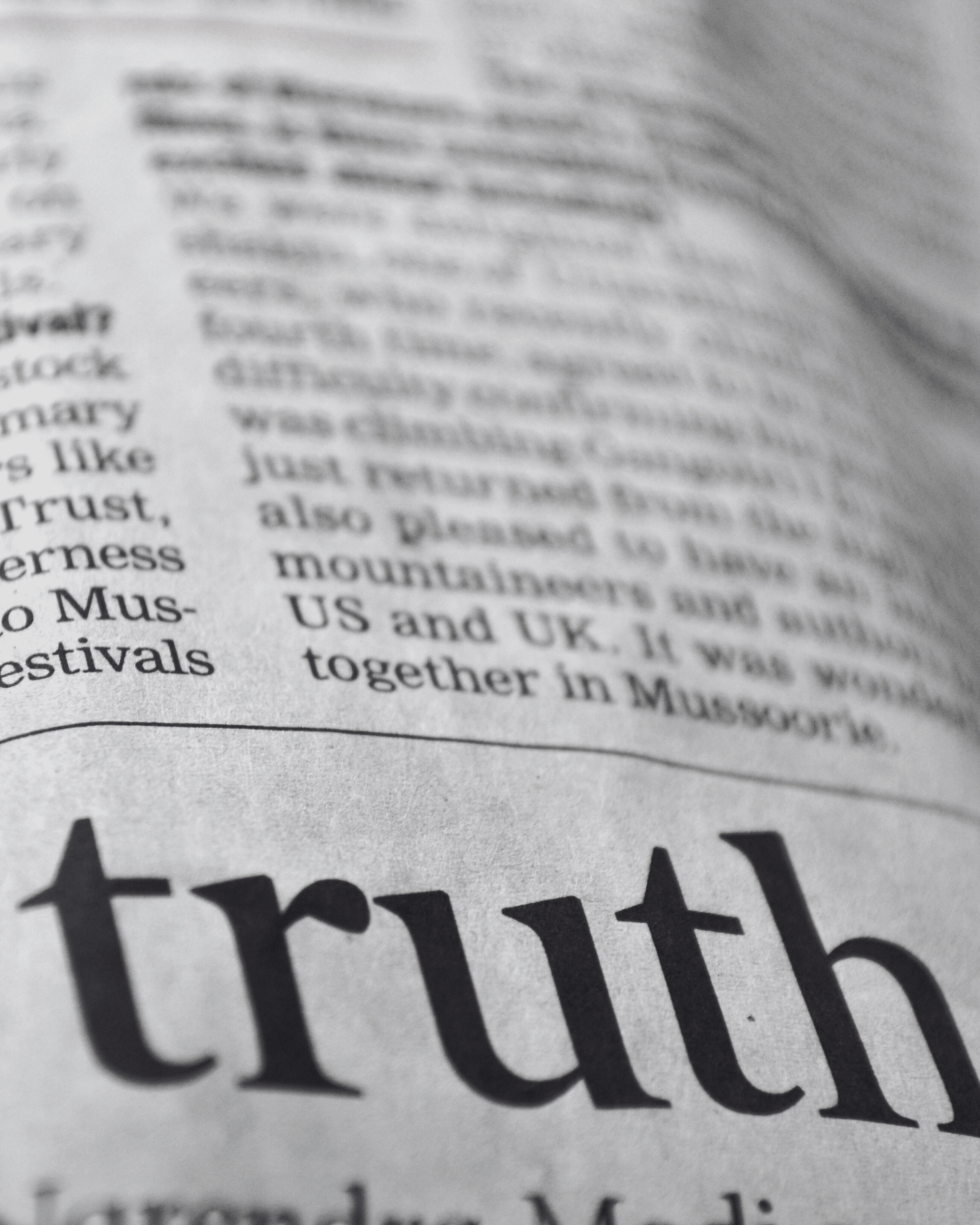
In the past months, independent nonprofit media outlets in Albania, such as BIRN Albania and its publication Reporter.al, Citizens.al, INA Media, Faktoje.al and others have faced a wave of online smear campaigns with misleading and false narratives about their independence and integrity. These narratives portray the outlets as politically biased or controlled by foreign interests, particularly USAID and George Soros’s foundation. The tone is often conspiratorial and defamatory, presenting these media as propagandists rather than independent watchdogs. These claims have circulated across social media, often produced, reproduced, and amplified by political figures and partisan portals, and echoed in comment sections with high public engagement.
In late March 2025, an anonymous Instagram account posted reels explicitly naming BIRN Albania, Reporter.al and Citizens.al as “Soros-linked”. It claimed that Trump’s administration had defunded them due to disinformation, suggesting they were at risk of closure. The tone was celebratory, framing this as deserved punishment. The account has over 14,000 followers, amplifying the post’s reach. Partisan online portals published articles highlighting USAID’s $3.3 million support for investigative journalism in Albania in 2023 and insinuating without evidence that recipients such as INA Media were sparing the government from scrutiny. Earlier in February 2025, fact-checking outlet Faktoje.al continued to face smear attacks linked to USAID and Soros funding, accompanied by inflammatory language and personal attacks on journalists. Although these narratives are consistently unfounded, built on guilt by association and misleading arguments or half-truths rather than substantive critique and accountability, they have generated substantial comments and engagement in the digital space. The content often aligns with or serves the interests of certain political figures and business elites—either to silence critical reporting or to advance their preferred narratives in a highly polarized political landscape. In some cases, the actual operators behind these social media accounts or online portals remain unclear, allowing such content to spread with minimal accountability.
These false narratives targeting independent nonprofit media also form part of broader attacks on civil society, especially after the fallout from the recent USAID funding freeze. In Albania, a recurring claim is that Albanian civil society is controlled by Soros, with no organizations operating independently of his influence. After the Trump administration announced a freeze and audit of USAID funding in early February 2025, these narratives gained momentum (for instance, an op-ed titled “USAID–Soros criminal organization – Redo the Justice Reform!” accusing donor-funded organizations of manipulating Albanian justice). Another piece used leaked salary data of civil society organisations’ directors, suggesting that allegedly high salaries of local NGO leaders—disclosed in a published list—compromise their independence and place them under the influence of foreign donors rather than serving the Albanian public interest. As the Balkan Civil Society Development Network observes, “A wide smear campaign, using aggressive social media attacks and misleading narratives, has been launched in the region to discredit CSOs, journalists, and media representatives—especially those who had been supported by these programs. False or partial portrayals of project funding—deliberately ignoring its tangible benefits at local, national, and regional levels—have fuelled disinformation and intimidation, eroded CSOs’ legitimacy and branded them as foreign agents.”
This is not a debate about media accountability as the actors driving these narratives show no interest in facts or genuine oversight; instead, they push polarizing narratives aimed at discrediting public watchdogs and critical voices and exploiting public distrust for political or economic gain. “We see these attacks as attacks against our editorial line and the critical reporting we conduct,” emphasizes Lorin Kadiu, Executive Director of Citizens.al. Rather than evaluating media based on their investigations or public interest reporting, those pushing these narratives focus on funding and alleged foreign control. Across media, politics, and social platforms, the tone remains hostile and defamatory, painting independent media organisations, journalists, and civil society as “enemies within.” Though evidence for these misleading narratives is lacking, they resonate in an increasingly polarized environment. The amplification of these narratives both online and offline poses risks to Albania’s already fragile media freedom and democratic discourse.